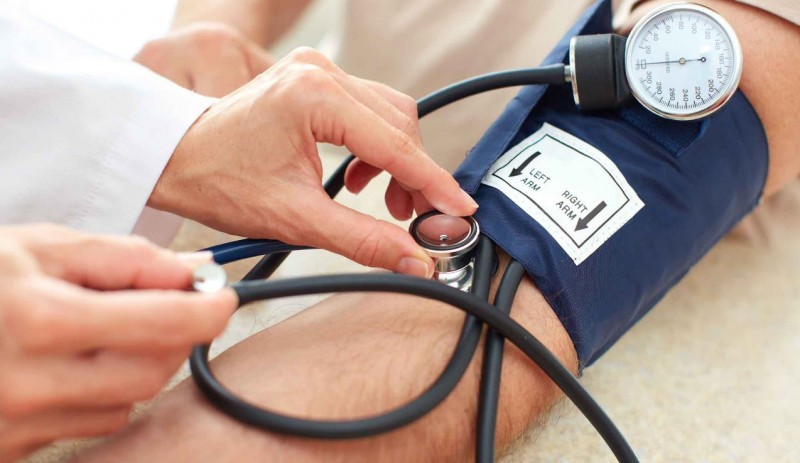
High blood pressure, or hypertension, affects millions of people worldwide and can significantly increase the risk of heart disease, stroke, and other serious health complications. However, managing hypertension doesn't have to be daunting. With the right lifestyle changes and habits, you can effectively control your blood pressure and improve your overall health. Here are eight easy ways to get started:
Maintain a Healthy Weight: Excess weight can strain your heart and lead to high blood pressure. By achieving and maintaining a healthy weight through a balanced diet and regular exercise, you can reduce the risk of hypertension. Aim for a body mass index (BMI) within the healthy range for your height and build.
Follow a Balanced Diet: Adopting a diet rich in fruits, vegetables, whole grains, and lean proteins can help lower blood pressure. Limit your intake of sodium, saturated fats, and refined sugars, as these can contribute to hypertension. Consider the Dietary Approaches to Stop Hypertension (DASH) diet, which emphasizes fruits, vegetables, and low-fat dairy products while reducing sodium intake.
Reduce Sodium Intake: Excessive sodium consumption is a major contributor to high blood pressure. Be mindful of your sodium intake by reading food labels and opting for low-sodium or salt-free alternatives. Avoid adding extra salt to your meals and choose fresh, whole foods over processed and packaged options whenever possible.
Exercise Regularly: Engaging in regular physical activity is essential for maintaining healthy blood pressure levels. Aim for at least 150 minutes of moderate-intensity exercise, such as brisk walking, cycling, or swimming, each week. Incorporate strength training exercises, such as weightlifting or yoga, to further improve cardiovascular health and muscle strength.
Limit Alcohol Consumption: While moderate alcohol consumption may have some cardiovascular benefits, excessive drinking can raise blood pressure and contribute to other health problems. If you choose to drink alcohol, do so in moderation. For most adults, this means up to one drink per day for women and up to two drinks per day for men.
Quit Smoking: Smoking not only damages your lungs but also increases blood pressure and heart rate, putting you at greater risk of hypertension and cardiovascular disease. Quitting smoking is one of the best things you can do for your overall health and can significantly lower your blood pressure over time.
Manage Stress: Chronic stress can contribute to high blood pressure and negatively impact your overall well-being. Find healthy ways to manage stress, such as practicing relaxation techniques, mindfulness meditation, deep breathing exercises, or engaging in hobbies and activities you enjoy. Prioritize self-care and make time for activities that promote relaxation and mental health.
Monitor Your Blood Pressure: Regularly monitoring your blood pressure at home can help you track your progress and identify any changes or fluctuations. Invest in a reliable home blood pressure monitor and follow your healthcare provider's recommendations for monitoring frequency. Keep a record of your readings and share them with your doctor to help guide your treatment plan.
By incorporating these eight easy strategies into your lifestyle, you can take control of your blood pressure and reduce your risk of hypertension-related complications. Remember that managing high blood pressure is a long-term commitment, so be patient and consistent with your efforts. Consult with your healthcare provider for personalized guidance and support on your journey to better blood pressure control and overall health.